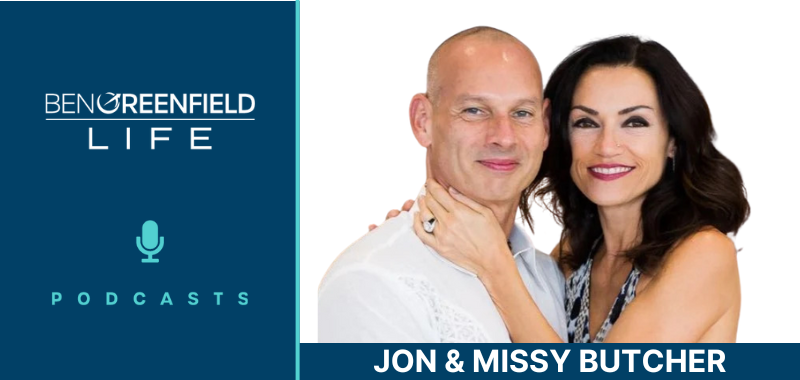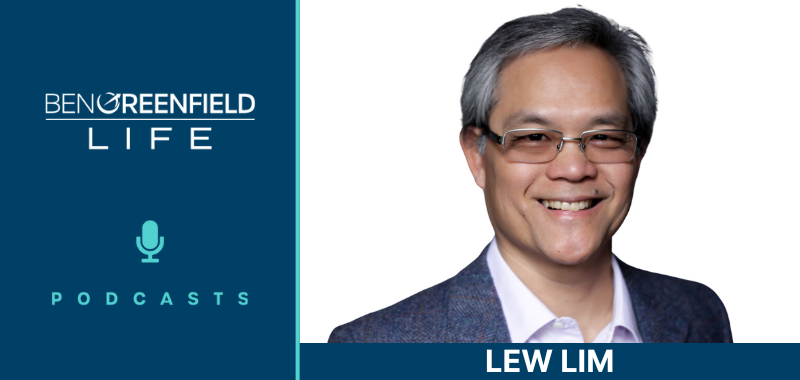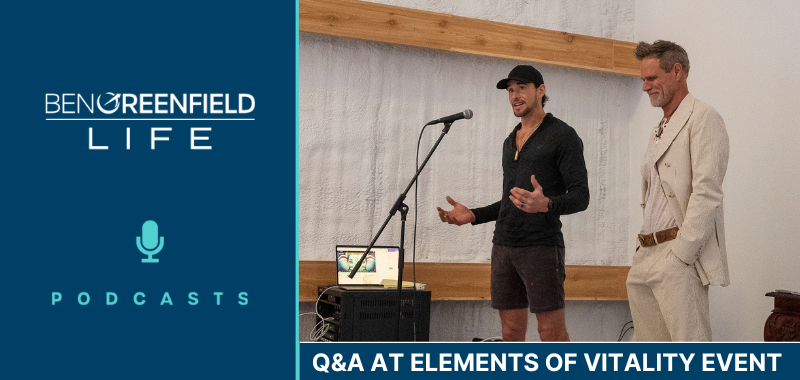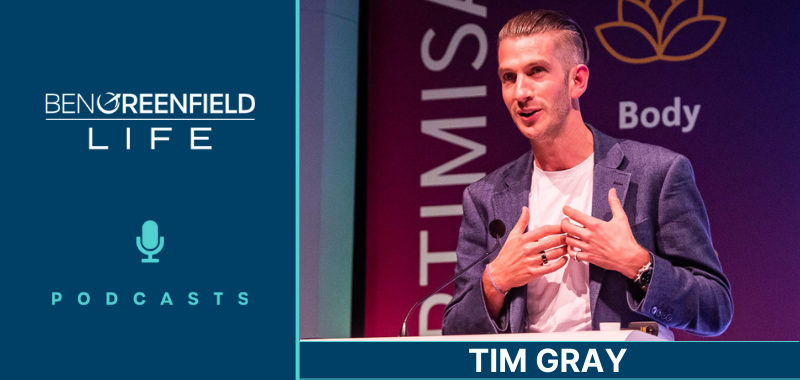January 7, 2018
I recently read one of the best three-part series on sleep that I've ever seen, entitled “The effects of nutrition and exercise on sleep” and covering, in order of appearance in Alan Aragon's Research Review, “Part 1: Macros, energy restriction, meal timing and composition”, “Part 2: Micronutrients and sleep” and “Part 3: Exercise and sleep”.
The series included several very interesting bullet points, including, from Part 1:
-Consider consuming high-glycemic carbs 4h before bed if the aim is to fall asleep faster.
-Do not consume an excessively large meal right before bed.
-Higher protein (>1.5g/kg) may help sleep in the case of energy deficits.
-A high-carbohydrate diet may shorten wake times.
-Consume adequate fiber.
-Keep saturated fat intake low to moderate.
-Keep total fat intake relatively low at dinner and later in the evening.
-Consume adequate omega 3.
-Regularly consume fatty fish (> 5% fat).
-If you’re overweight, weight loss increases sleep duration and improves sleep quality.
…from Part 2:
-Vitamin D deficiency (25-hydroxyvitamin D < 20 ng/mL) is common among patients complaining of nonspecific musculoskeletal pain, and chronic pain.
-Clinical risk factors for chronically low vitamin D include dark skin tone, obesity, limited natural sunlight exposure, pregnancy, chronic anticonvulsant use, chronic steroid use, and intestinal malabsorption syndromes.
-Chronically low vitamin D is related to symptoms of sleepiness and other symptoms of wake impairment.
-Chronically low vitamin D may be a cofactor for the development of obstructive sleep apnea (OSA) and OSA- associated cardiovascular disease.
-Melatonin production can be increased by a high protein diet that contains more tryptophan than LNAA; ingestion of carbohydrate, which may increase the ratio of free Trp to branched-chain amino acids and facilitate the release of insulin, ingestion of a high-fat meal, which may increase free fatty acids and result in increased free Trp; exercise, which can influence both free fatty acids and insulin.
-Valerian, nitric oxide and magnesium may all be useful micronutrients for sleep aid.
and from Part 3:
-Acute and chronic exercise promote sleep;
-Exercise has the ability to induce circadian phase-shifting effects perhaps as potent as bright light;
-Training in the early morning can be detrimental, so employ strategic napping during the day, correct sleep hygiene practices at night, and consider aiming for at least 10 hours in bed per night;
-It is crucial not to schedule early morning training sessions after evening training to avoid sleep restriction;
-30 minutes of moderate-intensity aerobic exercise at 65% of heart rate attained at VO2 peak performed in the early morning seems to be beneficial;
-Afternoon exercise between 14:00-18:00h at 50-80% VO2max for 80-150 min can improve sleep;
-The most positive effects occur with exercise taking place 4 to 8 hours before bedtime;
-Evening exercise is not associated with worse sleep;
-30 min of high-intensity exercise at 85–90% of max HR to exhaustion, 3–4h prior to bedtime resulted in better sleep;
-Vigorous late-night exercise does not disturb sleep quality and can increase sleep efficiency and REM sleep latency;
-Brief periods of high-intensity exercise administered in the late evening (22:40-23:00 h) result in an immediate blunting of the nocturnal rise of melatonin;
-Long-duration exercise can partially alleviate sleepiness during the period of exposure;
-The effects of exercise on sleepiness is most pronounced when exercise is performed in the middle of the night;
-Short bouts (10 min) of exercise every 2 hours over a sleep deprived day can increased alertness but for less than an hour;
-Exercise in well-lit conditions may improve sleep for shift workers.
In this quick and dirty Premium podcast episode, I fill you in on a few of these highlights. And stay tuned, as I'll be getting the paper author on a podcast soon to take a dive into the nitty-gritty details.














I signed up for your premium service with a one year subscription, and I am still unable to get access to your system. Perhaps because I just started the subscription and it is Sunday – your system is not updating automatically – but – please advise.
Mort, it's showing that you're active on my end. Can you try logging in again? If it's not working, you may have to contact Libsyn support. [email protected]